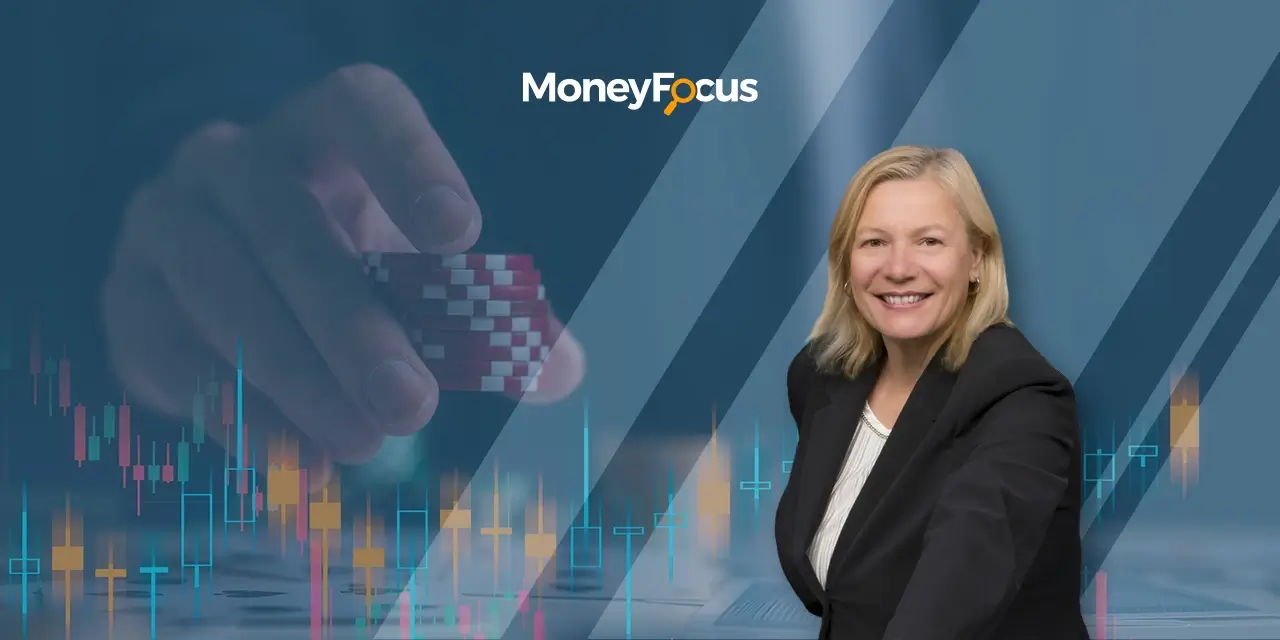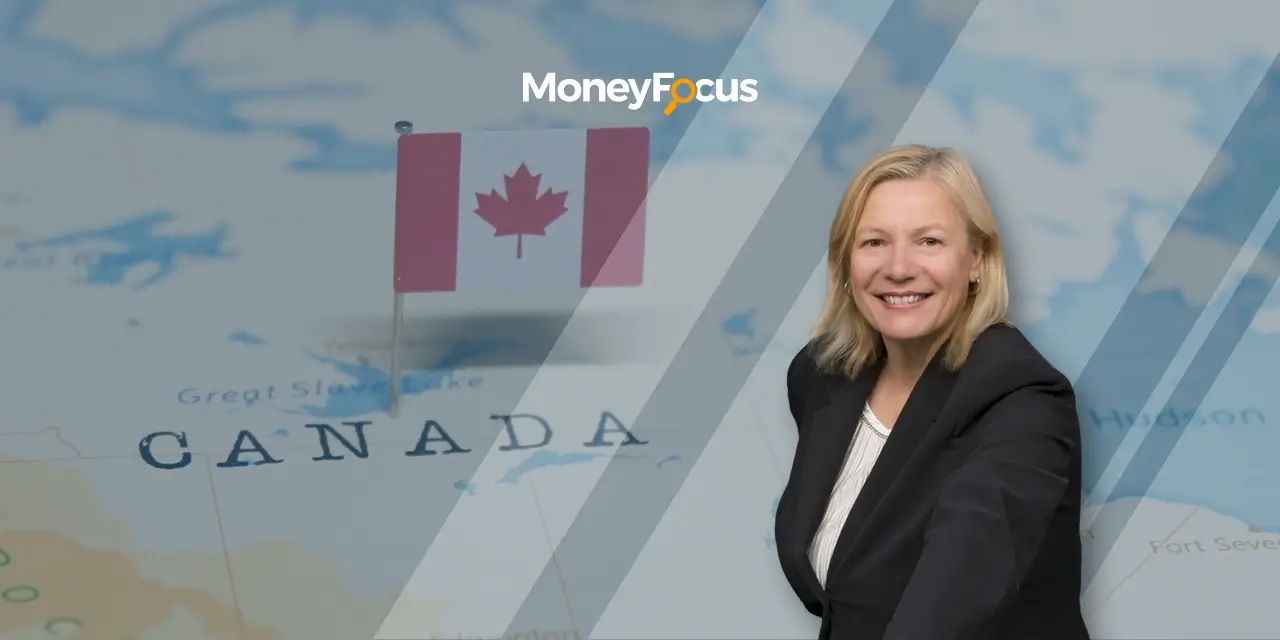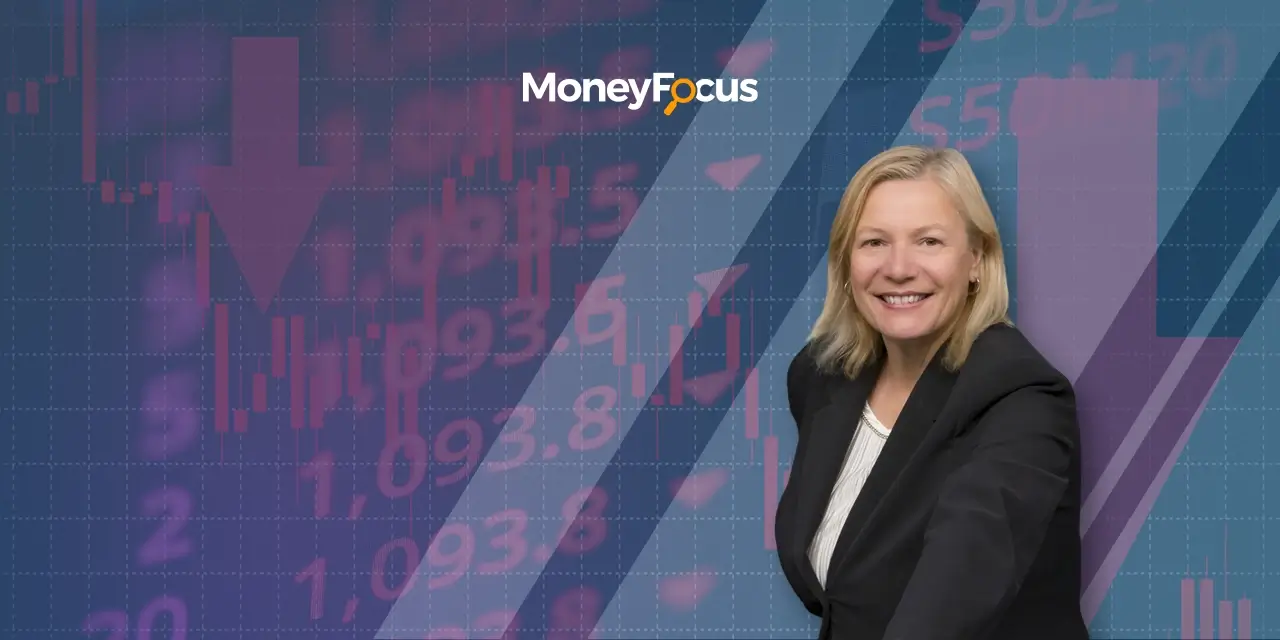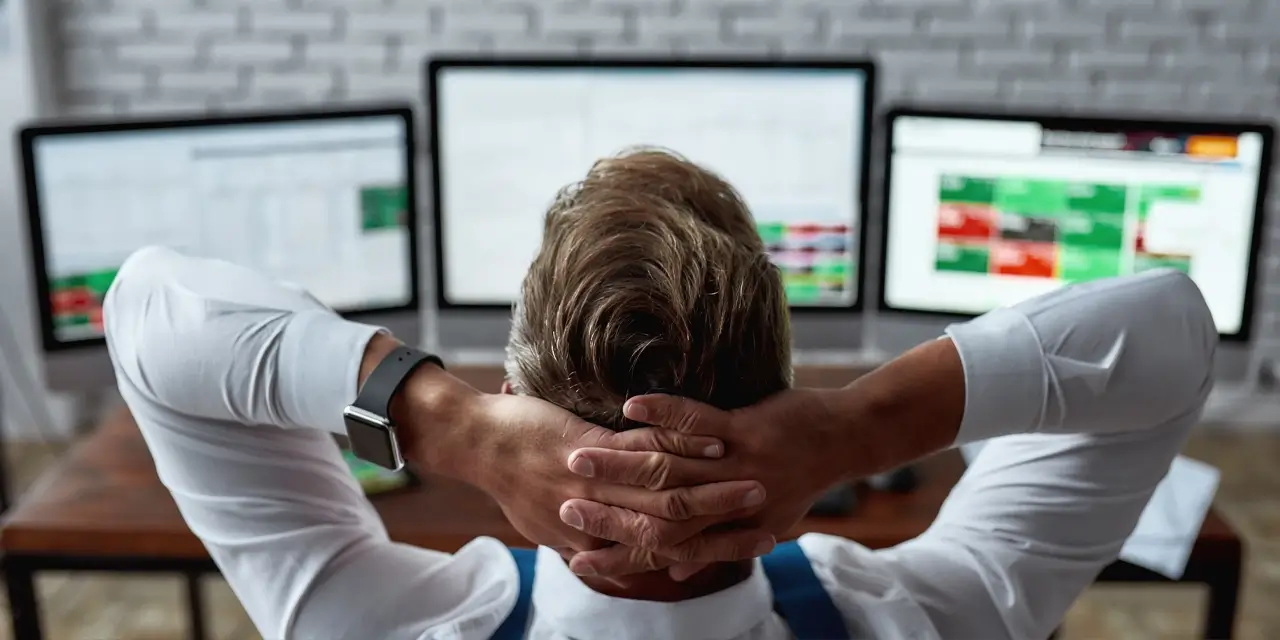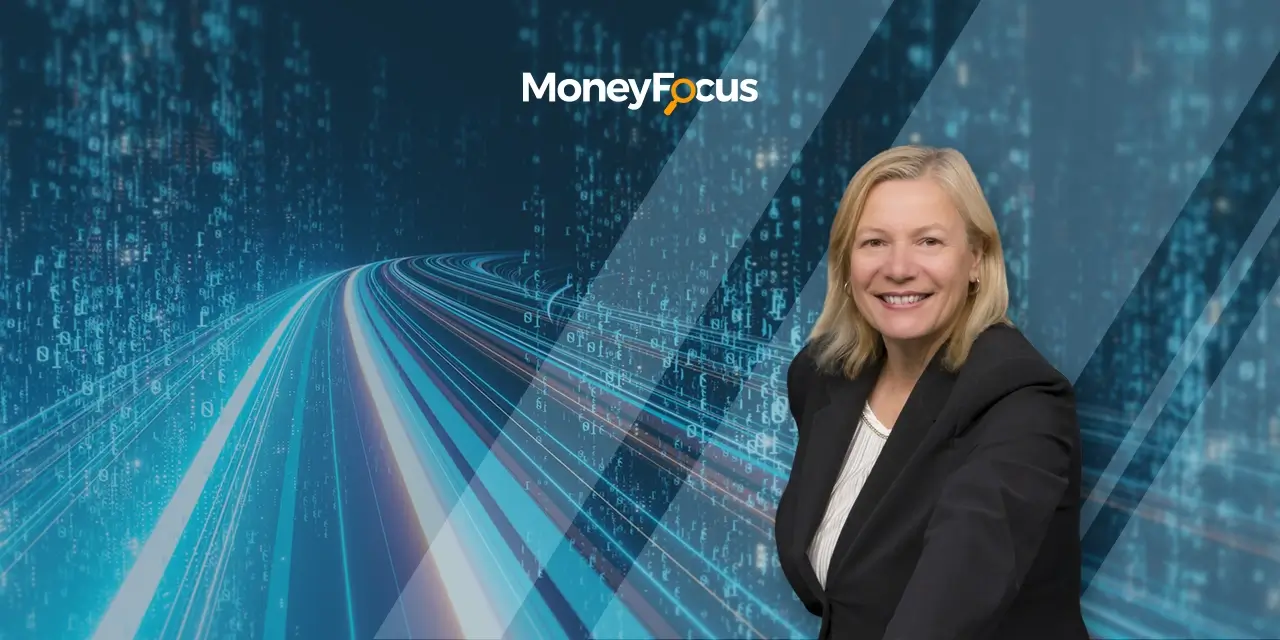By Michael Kovacs
Artificial intelligence (AI) has grabbed investors’ interest. They’ve seen the wide range of applications for AI technology across businesses, and have invested in the software and hardware companies leading AI innovation.
That excitement has been loudest around technology stocks, but AI’s value goes beyond tech companies. Even if you don’t own any technology stocks or ETFs, you might already be invested in companies using AI to make their businesses more efficient and deliver value for shareholders.
We can demonstrate that by looking at a few examples of companies held in the Harvest Brand Leaders Plus Income ETF (HBF:TSX). HBF invests in a diversified portfolio of 20 large-capitalization companies with global brand recognition. That includes some of the world’s largest tech companies like Apple and Microsoft. But, to demonstrate that AI is driving value beyond tech, let’s highlight three companies from different sectors in that portfolio and show how they’re using AI: PepsiCo, Walmart, and VISA.
AI impact at PepsiCo
The heavyweight manufacturer, marketer, and distributor of beverages and food alternatives has moved into the AI space in interesting and innovative ways. PepsiCo began moving into this space in the early 2020s.
PepsiCo says that it has sought to use AI as a way of organizing data. “Only 5% of the world we live in is structured data,” says PepsiCo SVP and Chief Technology Officer Magesh Bagavathi. “The other 95% is unstructured data.” Bagavathi explains that AI can take that disorganized information and turn it into formulas that we can understand.
The company utilized this with Lay’s Messi Messages. According to PepsiCo, this world-first innovation allowed fans to create personalized messages straight from Lionel Messi’s mouth.
PepsiCo is praising AI for its apparent ability to enhance human capabilities, rather than replace them. “AI technologies go hand-in-hand with human ingenuity,” says Pepsi Chief Strategy and Transformation Officer Athina Kanioura.
Technology monitors and tracks data on machines at many Frito-Lay’s plants. PepsiCo claims that the new technology helped to predict mechanical failures before they occurred, citing one year in which the plant apparently suffered “zero unexpected breakdowns or interruptions”.
PepsiCo says that it is even using AI to help design its food and beverage products. It mentions that generative AI has helped to refine the development of the Cheeto, particularly its look and feel.
How AI is helping Walmart take the next step
Walmart has established itself into the premier retail giant in the United States. The retail giant has maintained its supremacy by embracing change. Its executive team is eager to adopt new technologies and embrace the digital transformation.
Walmart has sought to utilize generative AI, a type of artificial intelligence technology that produces types of content that includes text, imagery, audio, and synthetic data, to bolster its bottom line.
One of the ways Walmart is using generative AI is to improve the shopping experience for customers. It introduced the Walmart Voice Order service, which allows customers to connect their mobile devices and home smart speakers to their Walmart account and speak their order. The system will process the request, identify the preferred brand from previous purchases, and add the item.
The company has also added voice assistance for in-store associates. This AI helper allows colleagues to use it for many different queries. For example: finding a specific product in the store, conducting a price look-up, or searching through the work schedule.
What AI means for VISA and its customers
VISA, one of the largest credit card companies in the world, has recently elected to expand its global services business with new AI-powered products.
The first of these products is VISA Deep Authorization (VDA). According to their website, this technology was developed to address the challenges that are facing issuers due to increased digital fraud. VDA is a risk scoring solution that is designed to improve the management of CNP payments.
Another new product that VISA has trumpeted is the Expansion of VISA Advanced Authorization (VAA) and VISA Risk Manager (VRM) for non-VISA card payments. VISA says that these fraud risk management solutions are now “network scheme agnostic”. Purportedly, this will allow issuers to simplify their fraud operations into a single fraud detection solution.
Why AI goes beyond tech
The cases of PepsiCo, Walmart, and VISA demonstrate clearly that AI offers game-changing opportunities for industries as diverse as food and beverage, retail, and financial services. It makes sense for investors to get excited about what AI means for all kinds of tech companies. But, its worth noting that these tech companies are building AI hardware and software in part to help companies in other industries create value.
Investors interested in AI might also want to look beyond the tech sector and see how companies with completely different business models are using AI.
I think that if most Canadian investors take a close look at their portfolios right now, they’ll be surprised at how much AI they already own.

Michael Kovacs
Michael Kovacs is the President & Chief Executive Officer of Harvest ETFs. He founded Harvest Portfolios Group Inc. in 2009 and is a 35-year veteran of the Investment management business. Michael began his career as an Investment Advisor and for seven years managed money for individual investors before moving into senior management roles within the Investment Management Industry. He is a strong believer in providing individuals with Investment products that are equity based, have long term growth prospects and transparent portfolios. Michael has been featured in the Globe & Mail, National Post and BNN-Bloomberg. Michael is also the Chairman of the Board for Harvest.



